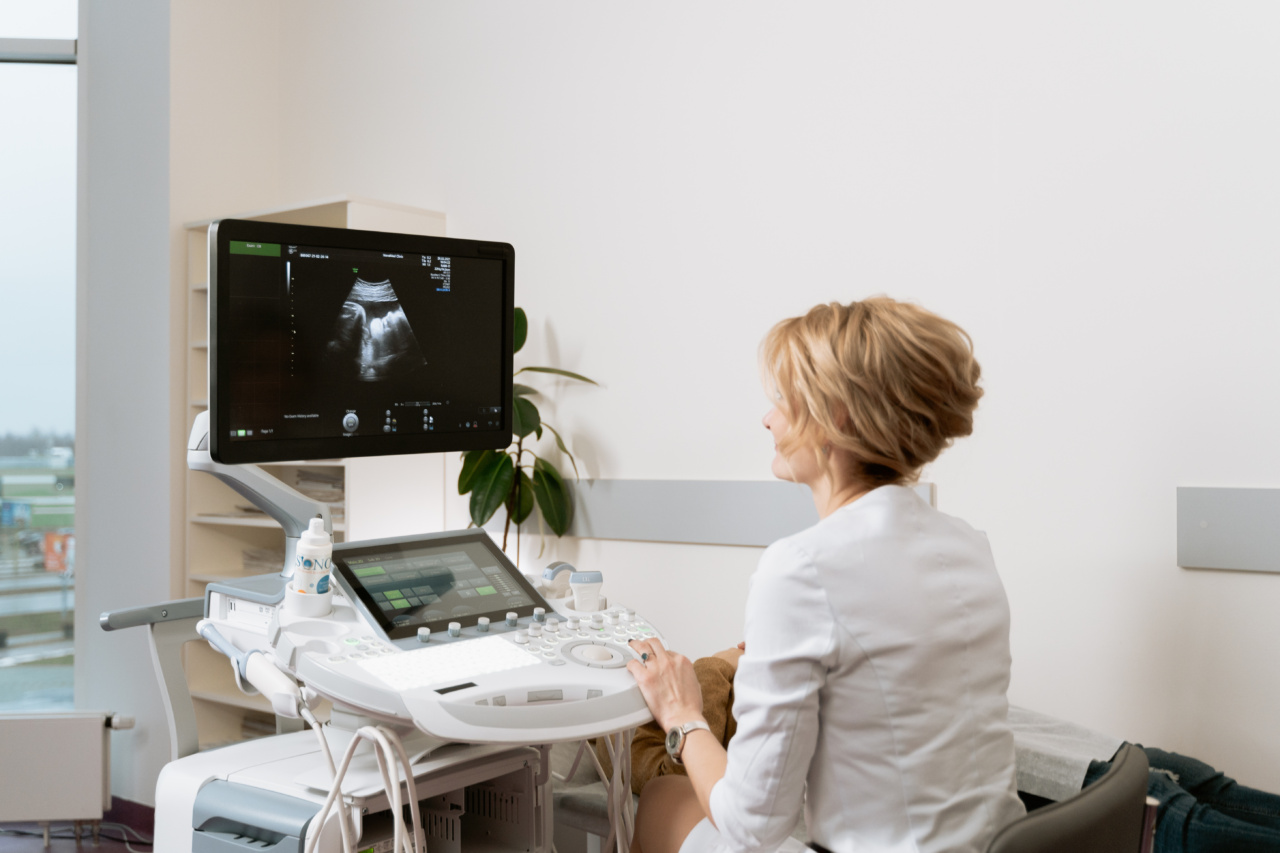Computed tomography or CT scan is a medical imaging procedure that allows doctors to diagnose and treat medical conditions. CT scans are especially useful for diagnosing diseases like cancer, heart disease, and neurological disorders among others.
However, CT scans use ionizing radiation, which can be harmful to a developing fetus. In this article, we will explore the potential risks of CT scans during pregnancy and what precautions women should take to protect themselves and their babies.
How does CT scan work?
A CT scan is a type of X-ray that produces detailed images of the body. During a CT scan, the patient lies on a table that slides into a doughnut-shaped machine.
The machine emits X-rays that pass through the body and are detected by sensors on the other side. The sensors transmit the X-ray data to a computer, which creates images of the body. Doctors can use these images to diagnose and treat medical conditions.
Risks of CT scans during pregnancy
CT scans use ionizing radiation, which can cause damage to cells and increase the risk of cancer. The amount of radiation exposure during a CT scan is relatively small, but it can still be harmful to a developing fetus.
Radiation exposure during pregnancy can increase the risk of birth defects, intellectual disabilities, and childhood cancers. The risk of harm to the fetus depends on the stage of pregnancy and the amount of radiation exposure.
When are CT scans necessary?
CT scans are usually avoided during pregnancy unless they are necessary to diagnose or treat a medical condition.
In some cases, a CT scan may be the only way to obtain information that is critical for the mother’s health and the health of the baby. In these cases, the benefits of a CT scan may outweigh the risks.
Protecting yourself and your baby
If you are pregnant and need a CT scan, it is important to talk to your doctor about the risks and benefits. Your doctor may recommend alternative imaging procedures that do not use ionizing radiation, such as ultrasound.
If a CT scan is necessary, steps can be taken to reduce the radiation exposure. These steps may include:.
- Using lead shields to cover the abdomen and pelvis
- Limiting the number of scans
- Using the lowest possible radiation dose
Conclusion
CT scans can be useful for diagnosing and treating medical conditions, but they use ionizing radiation, which can be harmful to a developing fetus.
If you are pregnant and need a CT scan, it is important to talk to your doctor about the risks and benefits and take steps to reduce the radiation exposure. Your doctor may recommend alternative imaging procedures that do not use ionizing radiation, such as ultrasound. By taking these precautions, you can protect yourself and your baby.































